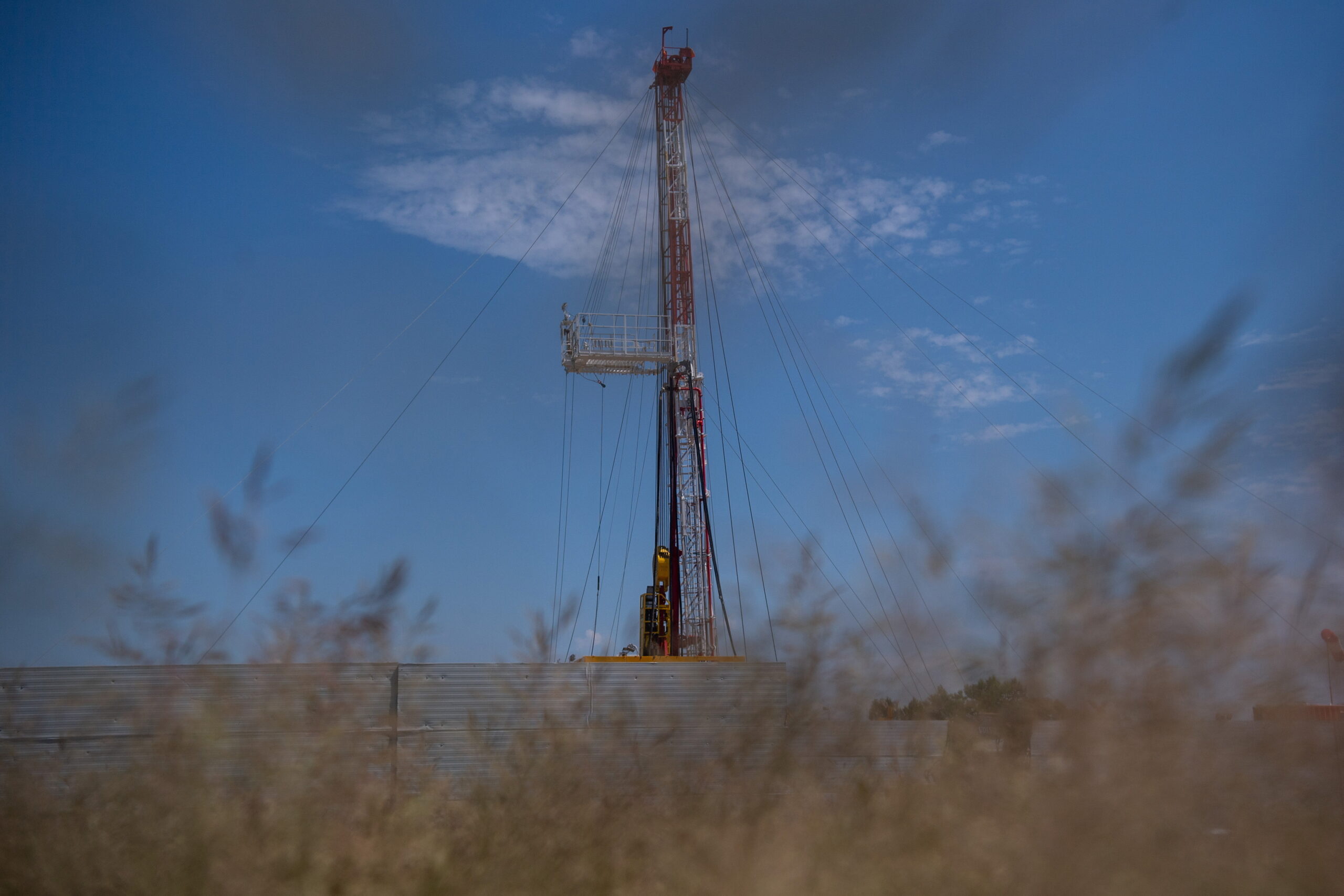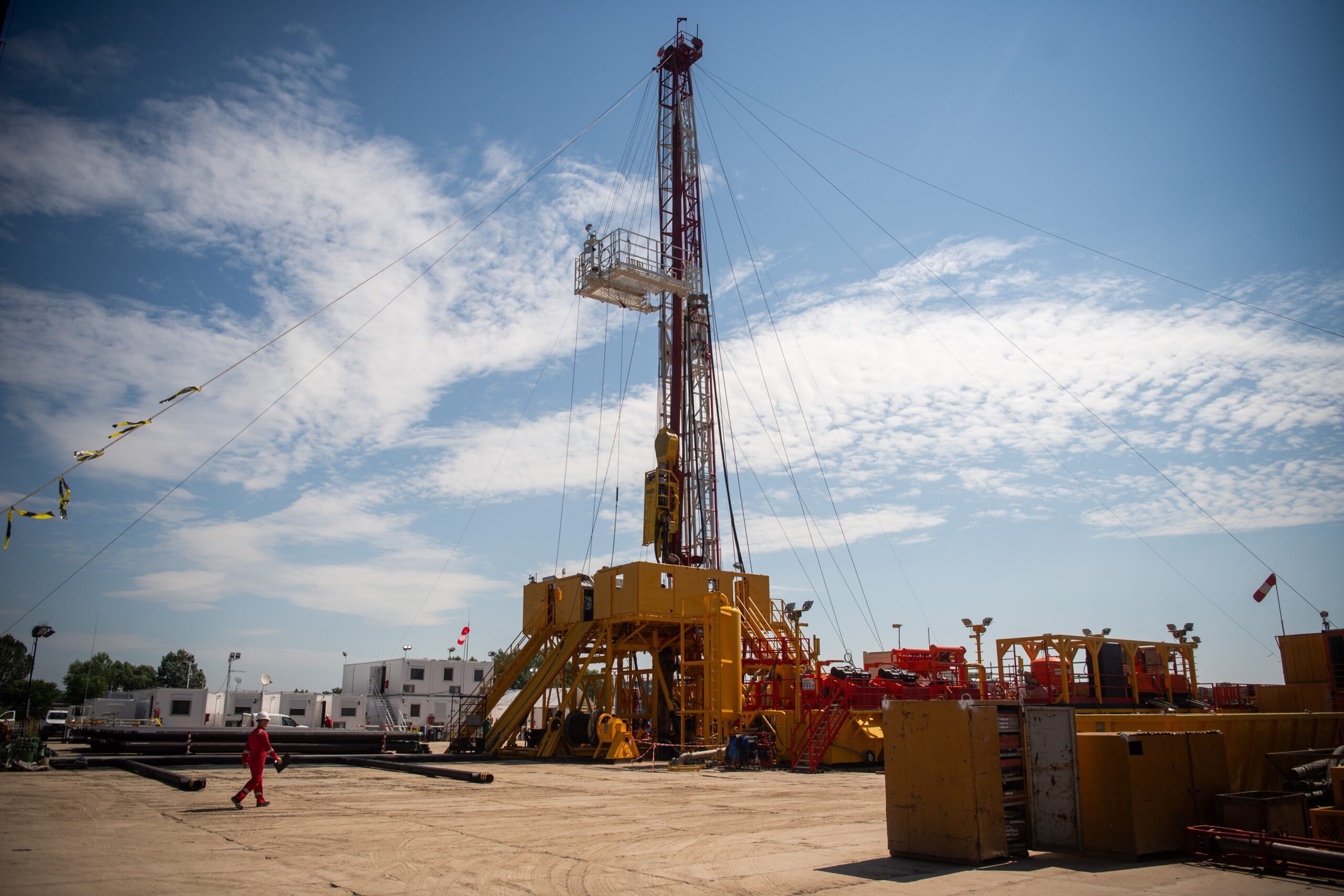
The Budapest-headquartered company currently operates nearly 1,300 oil and gas wells in Hungary.Continue reading

Between January and March this year, more gas and oil was recovered from Hungarian fields than in the same period in 2024, the Ministry of Energy and the Supervisory Authority for Regulated Activities announced in a joint statement. In order to reduce import exposures, the domestic extraction of fossil fuels should be increased alongside the rapid growth of renewables, they stressed.
The statement said that natural gas extraction repeated last year’s first quarter performance with a small surplus. Of the almost 480 million cubic meters of production, the best performance came in March, exceeding 170 million cubic meters. For crude oil, the indicator rose by around a fifth, from less than 250,000 tons to almost 300,000 tons, making the last month of the quarter the strongest, with over 104,000 tons.
Last year’s trend looks set to continue, with around 1.9 billion cubic meters of natural gas being recovered in Hungary in 2024, compared with 1.76 billion cubic meters in 2023.
In terms of crude oil, Hungary exceeded one million tons, a figure last surpassed twenty years earlier in 2004.
To make further progress, the Ministry of Energy announced new mining concessions last autumn after a five-year break. The successful procedures will allow the exploration, extraction, and exploitation of hydrocarbons to start in six areas: Buzsák, Csongrád, Hatvan, Kiskőrös, Kiskunhalas, and Tamási. Based on the positive experience of the tender, the ministry plans to launch further concession calls this year, they said.
Hungary’s energy sovereignty and the security of supply for Hungarian consumers should be based as much as possible on the resources available in the country,
they emphasized.
The statement quoted Gábor Czepek, Parliamentary State Secretary of the Ministry of Energy, as saying that the success in the exploitation of coal energy has exceeded all expectations. Weather-dependent renewable capacity has already exceeded eight gigawatts. The share of solar power in electricity generation in Hungary was the highest in the world in 2024, he said.
However, fossil fuels will still be needed in the longer term, he added. Domestic gas production last year covered more than a fifth of annual consumption, but imports are essential for the economy to function and for families to have a steady supply, noted the politician.
László Nagy, chairman of the Supervisory Authority, said that production and mining fee revenue data for the first quarter of 2025, show that the new basis for the mining fee payment scheme is delivering. The dual objective of the scheme, to guarantee state revenues and to increase extraction volumes, was also a priority to encourage investment by companies operating in the domestic hydrocarbon mining sector. He is confident that the rest of the year will bring similar good results from the domestic hydrocarbon mining industry.
Via MTI, Featured image: MTI/Balogh Zoltán